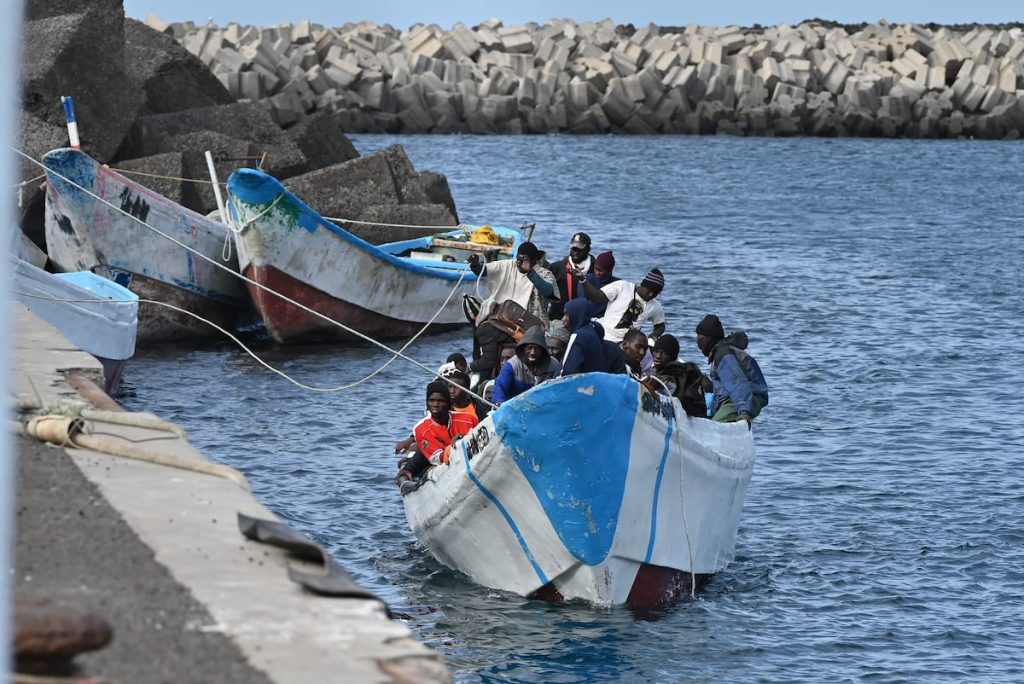Pedro Sánchez is returning to Mauritania just six months after his last visit. The president will embark on an African tour at the end of August, which will also include the capitals of Senegal and Gambia, according to government and local sources. The main focus of the trip will be on collaboration in migration at a time when the Canary Islands route remains open, albeit with lower numbers than earlier this year. Mauritania has become a key point of departure for the cayucos arriving on the islands, and a surge in transit is expected after the summer, amidst increasing migration pressures and hosting tens of thousands of refugees. There are discussions about revising some migration agreements that currently benefit Spain and which Mauritania wants to modify in its favor.
The President’s visit highlights the Spanish Government’s exceptional interest in this region of West Africa, where Spain plays a crucial role as an interlocutor and mediator. Sánchez previously visited Nuakchot six months ago with the President of the European Commission, Ursula von der Leyen, announcing a financial support package of over 500 million euros. In addition, other Spanish government officials have recently visited Senegal and Gambia, underlining the importance of the region for Spain’s strategic interests. According to Spanish security forces, Mauritania is currently a key priority due to its significant role in irregular migration flows towards the Canary Islands, with a large portion of arrivals originating from its coasts.
Despite expectations that the flow of cayucos would decrease following the visit of Sánchez and Von der Leyen, the number of arrivals from Mauritania remains significant, with projections indicating a potential increase in the coming months. The Mauritanian authorities are seeking more support, not only in terms of financial assistance but also in addressing the challenges posed by the influx of migrants. The agreements between Spain and Mauritania, such as the one allowing Spain to return immigrants from third countries who departed from Mauritania, are currently under review, posing potential challenges for Spain in terms of migration management and enforcement protocols.
Mauritania is facing a growing influx of Malian refugees fleeing conflict in their homeland, adding to the challenges posed by migratory flows towards Europe. Additionally, the country is grappling with security threats from neighboring regions affected by violence and instability, necessitating increased technical and military support. The migration crisis is intertwined with security concerns, with Mauritania highlighting the need for enhanced collaboration and resources to address these complex challenges. The upcoming visits to Senegal and Gambia will focus on a range of issues, including migration management, labor migration, security cooperation, and economic partnerships.
The situation in the Sahel region, with ongoing conflicts and threats from extremist groups, poses not only a challenge for Europe but also for the stability and security of countries like Mauritania. The government of Mauritania has expressed gratitude for Spain’s mediation efforts in Europe but has signaled a need for increased support and concrete actions. The upcoming trip by Pedro Sánchez to Senegal and Gambia is viewed as an opportunity to strengthen cooperative relations, address migration and security challenges, and advance mutual interests in areas such as trade, culture, and law enforcement. The diplomatic engagement between Spain and these African countries aims to deepen cooperation and partnership for shared benefits and regional stability.


